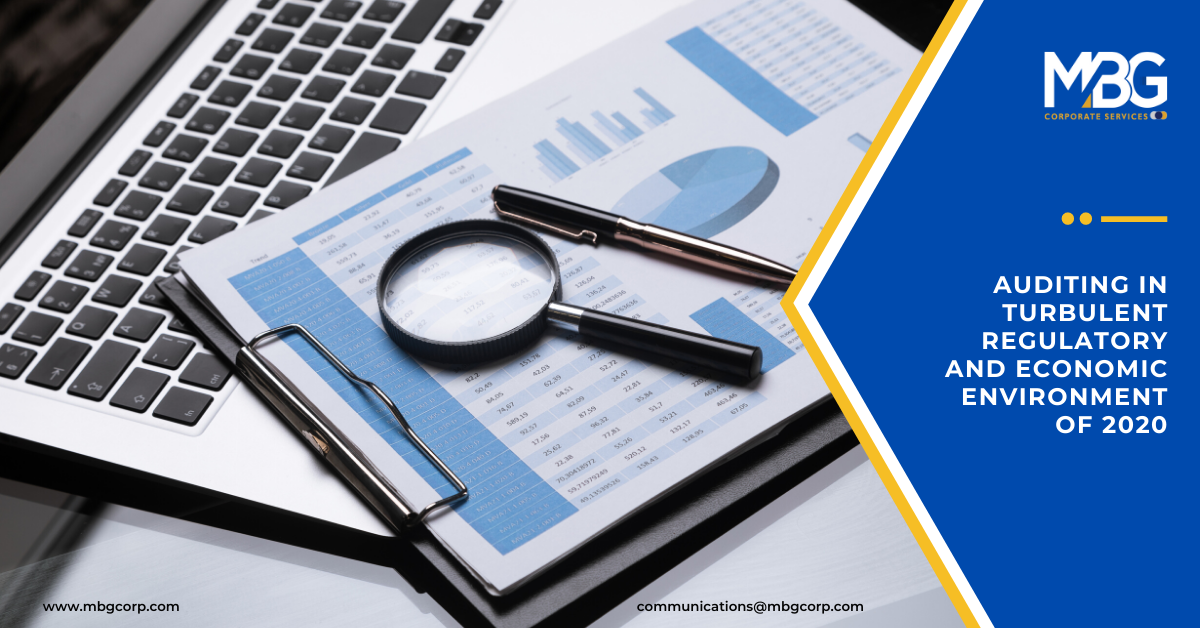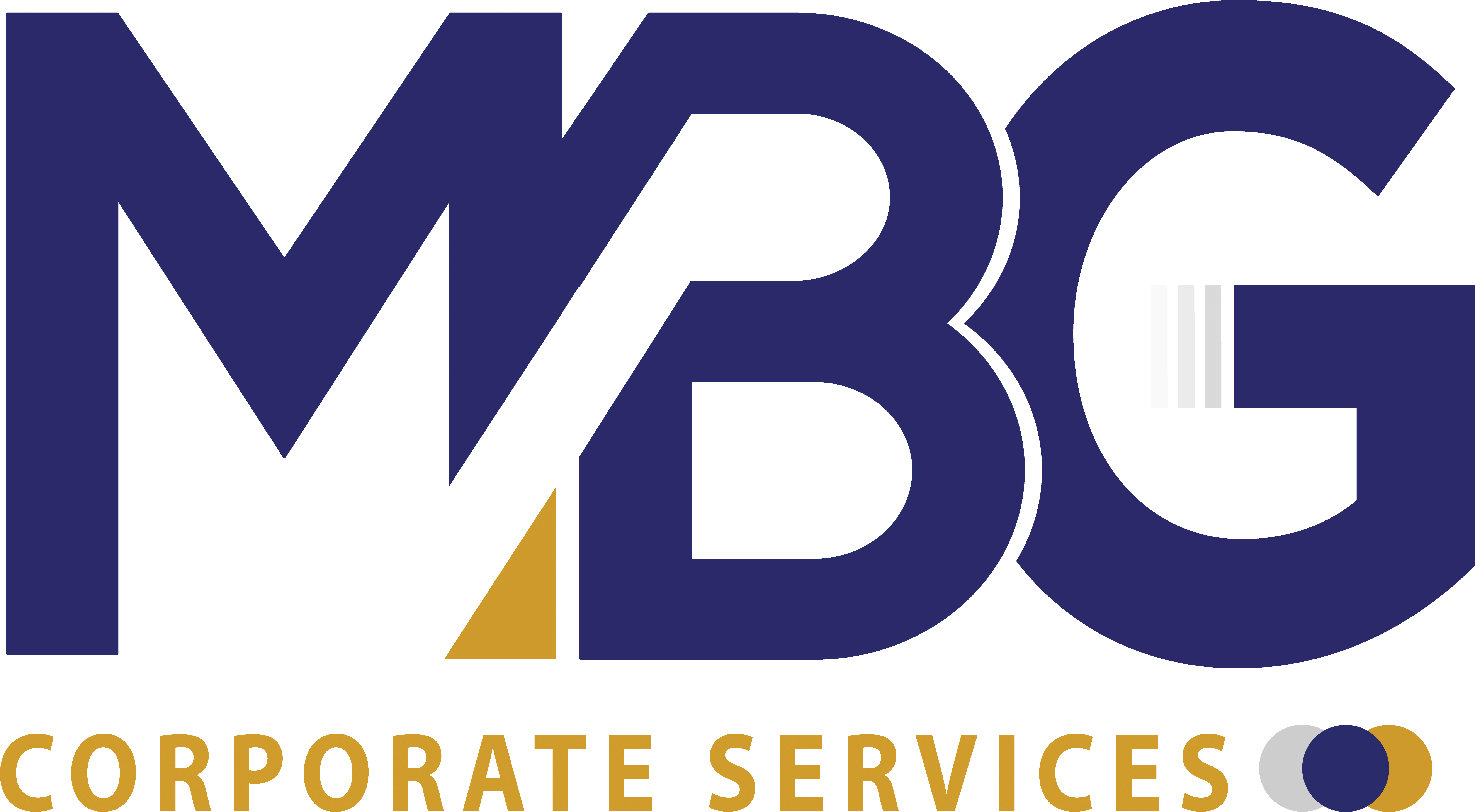Auditing in Turbulent Regulatory and Economic Environment of 2020

In the aftermath of the recent debacle of India’s large banking companies and financial institutions coupled with corporate wrongdoings, auditors have been put under stringent scrutiny by regulators. The Ministry of Corporate Affairs (MCA) has recently issued a consultation paper titled as “Consultation Paper to examine the existing provisions of law and make suitable amendments therein to enhance audit independence and accountability” which was subsequently followed by notification of new Companies (Auditors Report) Order, 2020 (“CARO 2020”). Further, with the recent economic slowdown being witnessed due to outbreak of Novel Coronavirus “Covid-19”, auditors are likely to face significant challenges in discharging their duties while issuing their opinion on the financial statements for the financial year 2019-20 prepared by corporates, especially with regard to the use of going concern assumption, impairment of assets, fair value measurement, etc.
Enhancing Audit Independence and Accountability
MCA Consultation paper aims to examine the existing provisions of law and make suitable amendments therein to enhance audit independence and accountability. The consultation paper may be considered as a precursor to reforms that would lead to an overhaul of the current auditing practices. The consultation paper seeks comments on a wide range of issues that affect auditor’s independence and includes the proposal of appointment of auditors through empanelment process by National Financial Reporting Authority (NFRA), proposal to restrict non- audit services, fixation or limitation in a number of audits by a firm, fixation or limitation in the number of partners in a firm.
Further, the consultation paper also raises the issue of whether the auditor of the holding company must also review the working papers of the auditors of subsidiary companies and comment on accounts of such subsidiary companies.
The consultation paper also seeks suggestions on whether the auditor should give an opinion on the probability of default of each rated debt-instrument including both short-term and long-term debt. It also proposes a Composite Audit Quality Index and seeks parameters- both qualitative and quantitative along with the type of companies for which it should be mandated.
Following the issue of the consultation paper, many large audit firms have suo- moto decided to stop rendering non-audit services to their listed clients. While the majority of matters covered in the consultation paper are already addressed under Standards on auditing and other guidance (viz. fee recommendations, professional ethics and code of conduct, the peer review process, etc.) issued by the Institute of Chartered Accountants of India (ICAI), however, with the issue of the recent consultation paper, it is evident that the Central Government expects auditors to carry out an enhanced risk assessment process in accepting and continuing audits and other engagements, improvise the current audit practices through modifying or devising alternate audit procedures along with adopting new audit techniques or tools to be able to evaluate and report on the new reporting requirements in addition to being more diligent, objective and independent in the discharge of their attest function.
COVID – 19
The outbreak of novel coronavirus or Covid-19 is widespread across the entire globe due to which many entities have/ had to limit or suspend their business operations as per the respective country’s government policies and orders along with travel restrictions and quarantine measures. This situation has caused widespread disruptions across all businesses, with the deepest impact in certain sectors like transportation, airlines, tourism, hospitality, retail, entertainment, manufacturing, and financial sectors. In the already slowing down the Indian economy, Covid-19 has hit the supply chain of raw materials especially for companies that were significantly dependent on China and European countries. Since as of now, it cannot be predicted with surety the period this pandemic would last, the resultant impact on businesses cannot be anticipated appropriately. With the forthcoming financial year closure activities coupled with the onset of audit reporting season for professionals, auditors would need to exercise extra caution and diligence in their approach to measure and account for the effects of Covid-19 on the financial statements of different companies operating in varied sectors.
The major area of concern would be the use of going concern assumption in the preparation of the financial statements. A company, with a history of profitable operations, whose operations are suspended for a considerable period due to outbreak of Covid-19, would need to take into consideration the current adverse situation and expected profitability along with potential sources of finance and ability to meet its future liabilities before satisfying itself that going concern assumption is appropriate for preparing its financial statements. Auditors would also need to evaluate such an assessment considering the uncertainty involved due to the outbreak and its potential impact on the sector that the company operates in.
The challenge also arises in auditing the financial assets and liabilities especially with regard to estimates and assumptions used by the management in fair value measurement of such assets and liabilities. The impact of the Covid-19 outbreak on such assumptions and estimates would mandatorily have to be taken into consideration by the auditors. Another area for consideration would be testing of impairment of assets. An asset is considered to be impaired when an entity is not able to recover its carrying value. Auditors would need to use their professional judgment on whether the Covid-19 outbreak should be considered as an indicator of impairment. Similar precautions would need to be taken while auditing the accounting estimates relating to expected credit losses and in judging whether certain receivables would need to be recognized as bad debts/ doubtful of recovery.
Thus, auditors would need to exercise their professional judgment in determining the extent of disclosures that may be necessary in the financial statements on account of the impact of COVID – 19 outbreak with respect to going concern assumption, fair value assessment and impairment testing and further, an assessment shall be paramount whether such event is required to be reported in their audit report as part of Key Audit Matter or an Emphasis of Matter.
CARO, 2020
The MCA notified Companies (Auditor’s Report) Order, 2020 (CARO, 2020) on February 25, 2020, that supersedes CARO, 2016. CARO, 2020, inter alia, requires auditors to comment on the company’s ability to meet its future liabilities and on the reconciliation between the monthly/quarterly statements filed by a company with its lenders viz. bank or financial institution and the company’s books of account. Further, auditors have also been entrusted to consider and report on whistleblower complaints received by the company in addition to reporting on instances of fraud by or on the company and commenting on cash losses incurred by the company during the year and immediately preceding year in addition to the requirement from the incoming auditors in cases of change to take into consideration the issues, objections or concerns raised by the outgoing auditors before issuing their audit opinion.
While CARO, 2020 was initially planned to be made applicable for audit reports to be issued by auditors for financial years commencing on or after April 1, 2019, however, the MCA on March 24, 2020, as a special measure in view of COVID 19 outbreak has deferred the applicability of CARO, 2020 to financial years commencing on or after April 1, 2020. While the deferment of CARO, 2020 beyond the already turbulent financial year 2019-20 has given much-needed relief to both companies as well as their auditors, however, the new reporting requirements have set the regulators’ expectations from auditors as watchdogs to go beyond the generally accepted audit procedures and principles and has obligated them to adapt and adopt new tools for information gathering and data analysis and simultaneously, requiring them to bring in the elements of the forensic audit.
Key Takeaways
NFRA’s audit quality reports, CARO, 2020 and MCA’s consultation paper are intended to improve the audit quality and independence with a step towards zero-tolerance to non- compliances. The rules are more stringent than ever with greater responsibility on auditors while discharging their attest function. While there is a need to overhaul the audit procedures and adoption of new audit techniques and modification of existing auditing principles and procedures, auditors need to evaluate and assess deeply and thoroughly the related engagement and audit risks and develop new procedures for information gathering and quality audit. Furthermore, the Covid-19 outbreak has posed a new challenge in the application of accounting assumptions and audit assertions, requiring auditors acting as aircraft pilots to be thorough in their audit procedures so as to evade safely through the turbulent regulatory and economic environment to be able to assess and report the impact of all applicable events on the financial statements with the objective to maneuver safely into a sound, healthy and stable economy with an endeavor to meet the expectations of all the varied users of financial statements.
This article is contributed by:
Prashan Begwani
Associate Director, Audit and Assurance
Tag: Economic Environment of 2020


